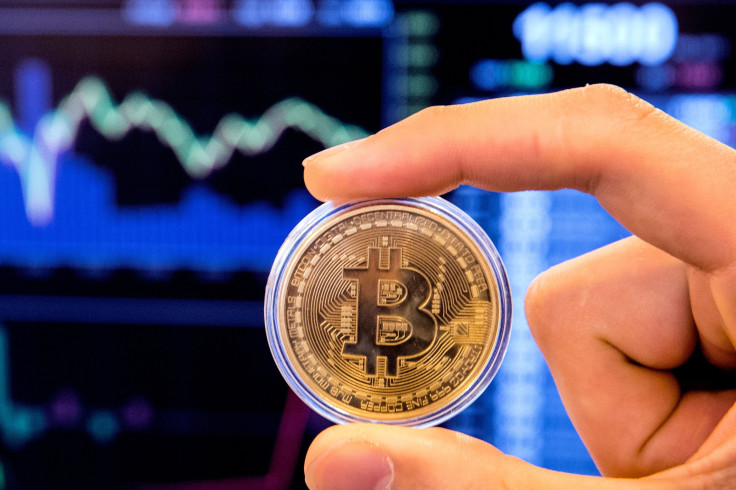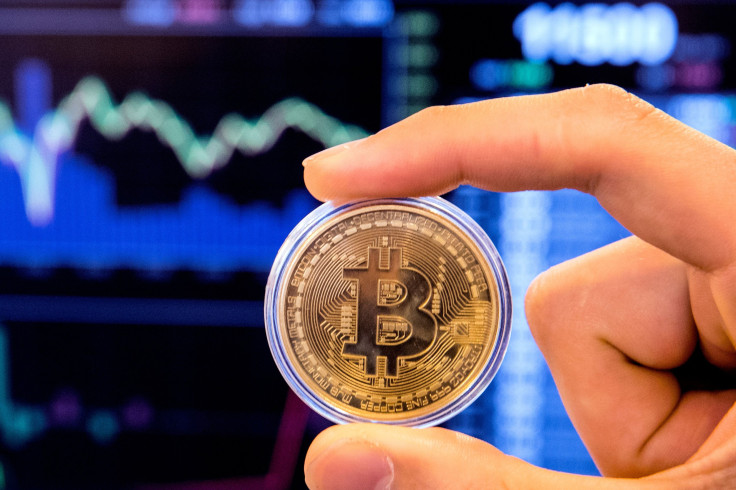Bitcoin Price Recovers After Biggest Plunge In 7 Years Thanks To Trump

KEY POINTS
- Bitcoin (BTC) and the rest of the crypto market recovered slightly thanks to a $1 trillion stimulus package by the Trump Administration
- Peter Schiff says that BTC is no longer a non-correlated asset and is more correlated now with risky assets with much more significant moves
- Bitcoin traded higher on Tuesday before slipping back to $5,130
After getting hammered last week by a market scared stiff of the coronavirus which crashed its price to below $4,000 (its worst plunge in seven years), Bitcoin (BTC) has now bounced back and settled within the $5,000 to $6,000 region.
As the top crypto mimicked the selloff seen in oil and stocks, some investors raise doubts about its correlation to safe-haven assets. The benchmark crypto's rally triggered at times when there are intense stresses in the market -- such as the war threats in January and the reaction from Chinese trading after reopening in February amid the coronavirus scare -- seems to have dissipated.
Bitcoin on Thursday even quintupled the Dow Jones Industrial Average's losses. Gold, on the other hand, before the pullback on March 10, was attempting to break above $1,700 per ounce. This has led well-known BTC critic Peter Schiff to give his two cents on the cryptos correlation.
"Bitcoin is no longer a non-correlated asset. It's positively correlated to risk assets like equities and negatively correlated to safe-haven assets like gold. When risk assets go down, Bitcoin goes down more. But when risk assets go up, Bitcoin goes up less. No value in that!" he tweeted.
Bitcoin is no longer a non-correlated asset. It's positively correlated to risk assets like equities, and negatively correlated to safe-haven assets like #gold. When risk assets go down, #Bitcoin goes down more. But when risk assets go up, Bitcoin goes up less. No value in that!
— Peter Schiff (@PeterSchiff) March 10, 2020
Schiff's comments may have some merits to it based on the correlation of daily logarithmic returns that was highlighted by Traders Magazine. On a 7-day comparison that ends on March 13, BTC is positively correlated to the S&P 500 at 65.6% and 37.8% if on a 90-day basis. With gold, it was 83%, but again that's because of the selloff last week that investors initiated so as to cover costs and offset losses in other markets. That correlation falls to only 26.5% on a 90-day comparison.
But correlations can go haywire, especially with a very volatile environment set off by a coronavirus "black swan" that is leaving the market at sixes and sevens. The Trump Administration's $1 trillion stimulus package in response to the virus has calmed BTC and the rest of the cryptocurrencies on Tuesday. BTC was up 12.43%, reaching a daily high of $5,760 before slipping back to $5,130 as of the time of writing.

© Copyright IBTimes 2024. All rights reserved.




















